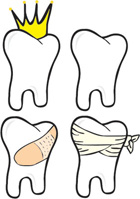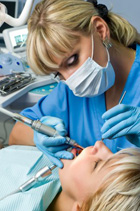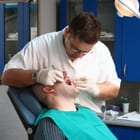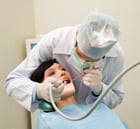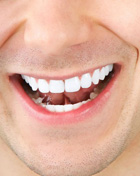 Bad breath? Bad luck. How many of us have suffered with that embarrassing condition, characterized by the smell of rotting food, at some point in our lives? Not only does it decrease your self-confidence, it can be seen as a personal hygiene problem, although this is not always the case.
Bad breath? Bad luck. How many of us have suffered with that embarrassing condition, characterized by the smell of rotting food, at some point in our lives? Not only does it decrease your self-confidence, it can be seen as a personal hygiene problem, although this is not always the case.
There are however several ways in which you can avoid the embarrassment of bad breath, just follow the advice given by respectable dentists from the City of Leeds.
Firstly it is important to understand what causes bad breath, only then can you understand how to treat and prevent it. Bad breath is caused by bacteria in the mouth, bacteria that builds up over time and emits foul odours as they grow in the oral cavity. It may also be caused by the break-down of the food that we consume. During some reactions between our food and our saliva, unpleasant smelling gases are given off, these also contribute to that most embarrassing of conditions.
If you wish to treat your bad breath immediately, short term methods such as mouthwashes and chewing gum are definitely recommended. Menthol-based mouth sprays are also a good way to fight off the odours and can be carried around at all times, unlike some larger mouthwashes.
For long term treatment of bad breath, it is essential to remove the majority of bacteria from the mouth, in this way they will be unable to produce an odour that is powerful enough to be carried on your breath. To avoid a build up of bacteria thorough brushing of the teeth is vital, as is ensuring daily cleaning of the tongue. Bacteria tend to accumulate on the tongue, but this is an area that often gets neglected when it comes to cleaning teeth. Scrubbing the tongue gently, twice a day, should be sufficient to lower the presence of bad-breath-causing bacteria. Finally, to remove plaque and food debris from hard to reach areas, dental flossing should be performed at least once a day. Floss can reach areas your toothbrush cannot, between teeth for example.






